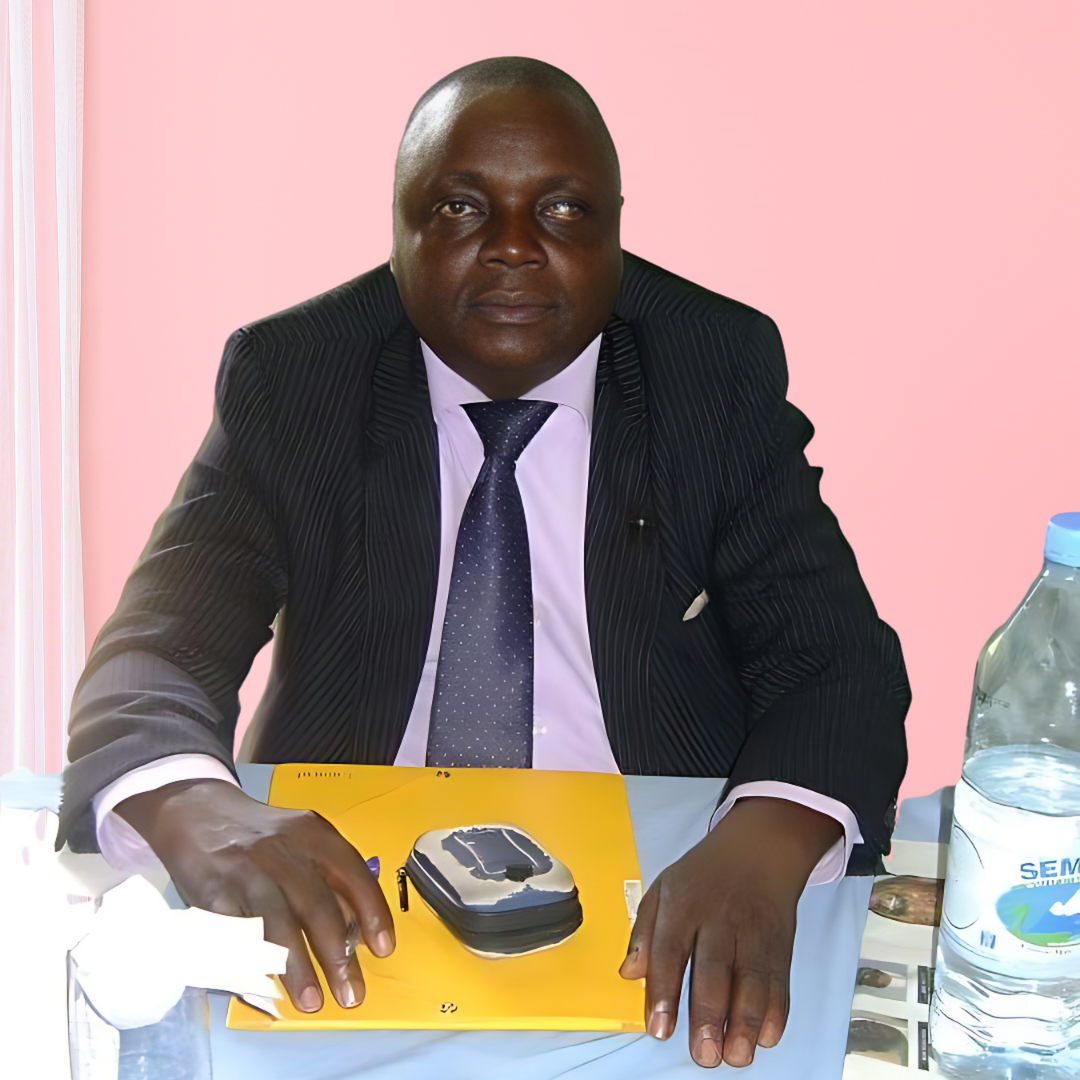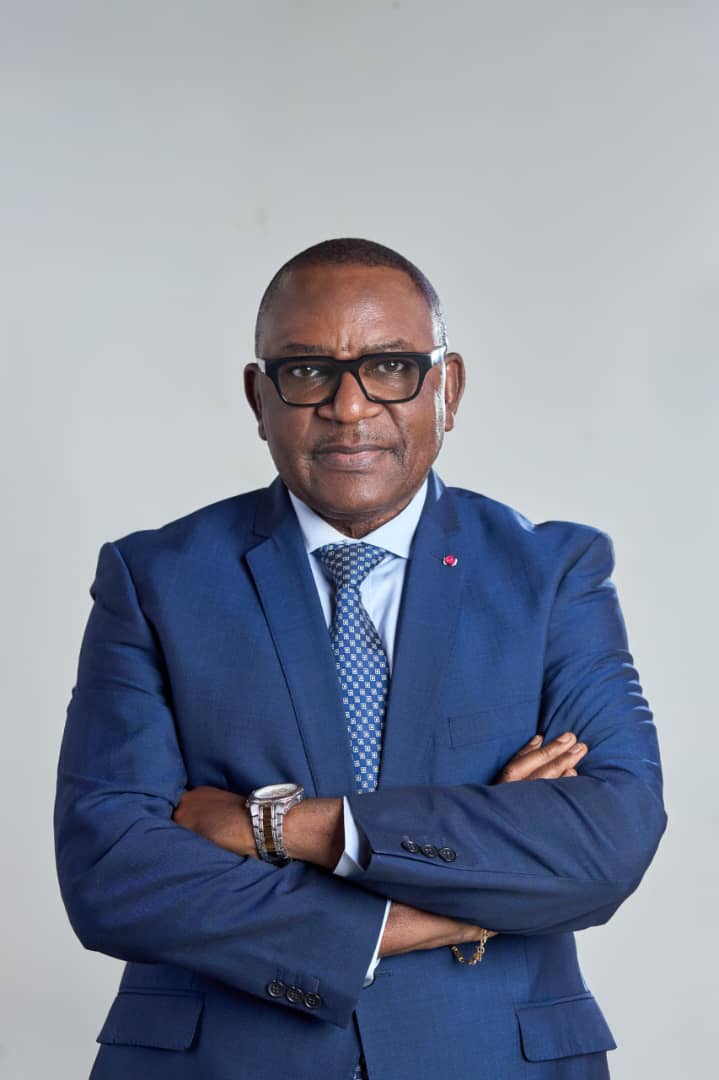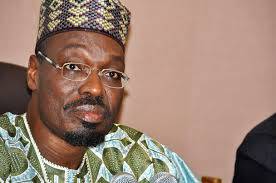The ban was announced in a viral audio message by a commander of the separatist group, who identifies as Major General Talk and Do. He accused the Fon of Nso, His Majesty Fon Sehm Mbinglo II, of betraying their cause since the beginning of the Anglophone armed conflict in 2017. The Fon was accused of siding with the administration against the separatists’ quest for independence.
This ban has dampened the hopes of Nso indigenes who had greeted the festival’s revival with jubilation after years of suspension due to insecurity. The situation highlights the ongoing tensions and challenges faced by traditional rulers in the Anglophone regions of Cameroon.
The Ngonnso Festival is a significant cultural event that brings together the Nso people to celebrate their rich heritage, traditions, and customs. It includes various activities such as traditional dances, music performances, cultural exhibitions, and rituals that honor the ancestors and the history of the Nso people. The festival also serves as a platform for promoting unity and solidarity among the Nso community and fostering a sense of pride in their cultural identity.
The festival ban has sparked outrage and disappointment among the Nso people and other Cameroonians who value cultural preservation and the promotion of peace and unity. Many have taken to social media to express their frustration and call for lifting the ban. They argue that cultural events like the Ngonnso Festival should be protected and celebrated, not politicized or used as a tool for division.
The Fon of Nso, His Majesty Fon Sehm Mbinglo II, has been a prominent figure in the region, advocating for peace and dialogue amidst the ongoing conflict. His efforts to mediate between the government and separatist groups have been met with mixed reactions, with some viewing him as a traitor and others as a peacemaker. The accusations of treason against the Fon have further complicated the situation, adding to the already tense atmosphere in the region.
The ban on the Ngonnso Festival is a stark reminder of the challenges faced by traditional leaders in conflict zones. They often find themselves caught between different factions, trying to navigate the complex dynamics of power, loyalty, and survival. The situation in the Anglophone regions of Cameroon remains volatile, with ongoing violence, displacement, and humanitarian crises affecting thousands of people. Ngonnso Festival has been banned by the Ambazonia State Army






